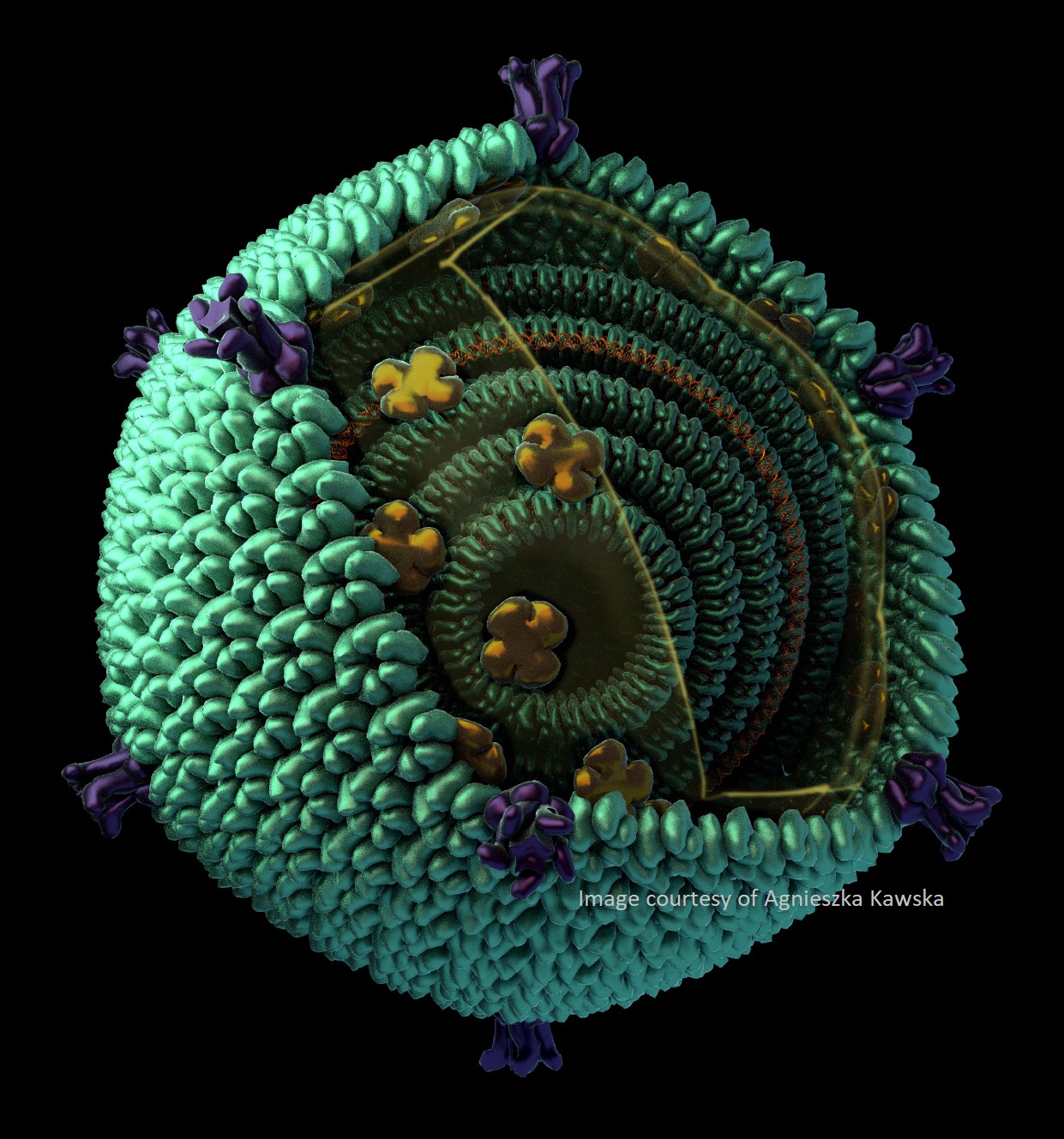
Roberto Covino
Professor of Computational Life Science, Goethe University Frankfurt,
Senior Fellow, Frankfurt Institute for Advanced Studies
Date and time: February 5th, 2025 Wednesday at 8am PST / 11am EST / 4pm GMT / 5pm CET / 12am China
For the zoom links, please join the One World Cryo-EM mailing list.
From Pixels to Bayesian Posteriors: Fast Molecular Conformation Estimation from Cryo-EM with simulation-based inference
Biomolecules are highly dynamic systems. They reorganize between a network of metastable states connected by rare structural intermediates, which is referred to as their conformational ensemble. The ensemble, including the rare intermediate structures, determines biomolecular function in the cell. However, mapping biomolecular conformational ensembles is still an outstanding challenge in both experimental and computational approaches. Cryo-electron microscopy (cryoEM) has emerged as a powerful paradigm for characterizing protein conformational ensembles. However, even though the frozen sample contains information on the entire ensemble, current approaches reconstruct only a few conformations by averaging over many microscopy images. In fact, accurately identifying molecular conformations depicted in a single cryoEM image is still a challenging task. Here, we integrate simulations and probabilistic deep learning to develop the cryoEM simulation-based inference (cryoSBI) framework for inferring molecular conformations and their uncertainties from individual cryoEM images. Given an observed image, cryoSBI enables us to directly estimate the Bayesian posterior using forward model simulations, an embedding network, and a neural posterior estimation framework. CryoSBI is amortized. Training happens only once, after which inference for each experimental image takes only milliseconds to evaluate. Pose and imaging parameters do not have to be estimated, resulting in a high computational speed compared to explicit likelihood methods. For synthetic and experimental data, we could systematically disentangle the molecular conformation from the noisy observation with a confidence interval for the inference and learn about the most relevant features of the observed particles. Our approach paves the way to characterizing entire conformational ensembles from experimental data.
Bio:
Roberto Covino is W3 Professor of Computational Life Science at the Institute of Computer Science at Goethe University Frankfurt, and a Senior Fellow at the Frankfurt Institute for Advanced Studies. His research uses theory, simulation, and statistical modelling of experiments to understand how biomolecular functions emerge from the interplay between structure, dynamics, and complexity. He focuses on understanding the mechanism of key events in proteins and cellular membranes. RC studied physics and theoretical physics at the University of Bologna and obtained his PhD in physics at the University of Trento. He was appointed Professor of AI in Protein Science at Bayreuth University in 2023 and received the call to Goethe University in 2024.
